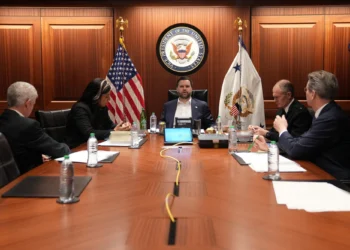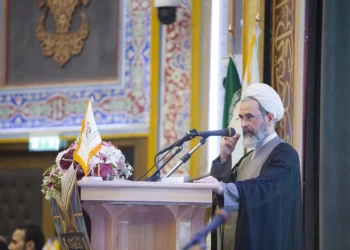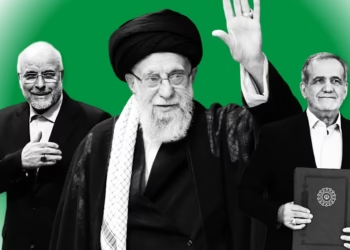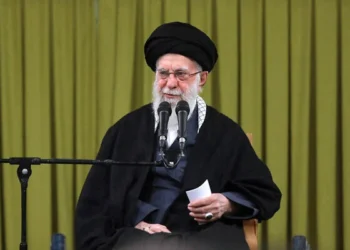RIYADH (Realist English). U.S. President Donald Trump has launched his second-term Middle East tour with a high-profile visit to Saudi Arabia, securing $600 billion worth of economic and defense agreements. The centerpiece of the trip was a record-setting $142 billion defense contract—described by the White House as the largest in U.S. history—and a series of investment deals aimed at deepening strategic ties between Washington and Riyadh.
According to official statements, the deals span multiple sectors, including defense, energy, advanced technologies, infrastructure, and workforce development. Key initiatives include the delivery of U.S.-made military systems, the establishment of new data centers, and co-investments in artificial intelligence and green energy. Of the total $600 billion, $300 billion have already been contractually formalized, while the remaining half consists of preliminary commitments.
“At this historic moment, we reaffirm the enduring partnership between the United States and the Kingdom of Saudi Arabia—and take bold steps to make it stronger, deeper, and more powerful than ever before,” President Trump declared during a U.S.-Saudi investment forum in Riyadh.
The defense package includes air, naval, and missile systems, as well as advanced telecommunications equipment. The agreement encompasses upgrades for Saudi Arabia’s air force, missile defense, coastal security, and engineering units, supported by over 20 U.S. defense contractors. The package also covers comprehensive training, logistical support, and military healthcare programs.
Crown Prince Mohammed bin Salman confirmed that the deals align with his Vision 2030 initiative—a national strategy to modernize and diversify the kingdom’s economy. “Today’s agreements represent a milestone in our shared future. We foresee $600 billion in investment opportunities, including $300 billion in finalized projects signed at this forum,” the crown prince stated.
Alongside the political delegation, several top American business figures—including Elon Musk, Larry Fink, and Stephen Schwarzman—attended the forum. Discussions centered on cooperation in emerging technologies, crypto finance, energy systems, and mega-infrastructure projects. Trump Organization, according to U.S. media reports, is also expanding its footprint in the region, with new developments planned in Riyadh, Jeddah, and Dubai.
The overlap between statecraft and Trump’s private business ventures drew sharp criticism from ethics experts and political observers in the U.S. “We are witnessing an unprecedented convergence of personal financial interest and foreign policy decision-making,” said Richard Bauman, a constitutional law professor at Georgetown University.
Another controversial development during the visit was Trump’s announcement of a complete lifting of U.S. sanctions on Syria. The administration cited a “changed regime in Damascus” and the need for “regional stabilization.” The move has sparked concern in Israel and among foreign policy analysts, with Israeli sources quoted by The Times and Al-Monitor describing the decision as “a reckless signal.”
Trump’s reception in Riyadh was lavish, marked by a royal military parade, a lavender carpet, a state banquet, and an official audience with the king. The Saudi press called the visit “a ceremonial reaffirmation of privileged alliance.”
The scale and structure of the U.S.–Saudi agreements mark a shift toward a bundled diplomacy—merging economic ambition with defense assurance. The $600 billion package underscores not only mutual interests but also strategic dependencies: Riyadh seeks security and innovation; Washington seeks markets and capital.
Trump’s visit epitomizes a form of personalized diplomacy, where state policy is driven less by institutions and more by transactional leadership. While such an approach may offer tactical gains, it carries structural risks: weakening institutional checks, blurring the lines between public service and private gain, and undermining long-term policy consistency. The question remains: what cost will the United States incur in turning its foreign policy into a platform for private ventures?
This was Trump’s first international visit since the start of his second term. He is expected to travel next to Qatar and the United Arab Emirates, with agendas focused on security cooperation, digital infrastructure, and expanding U.S. business and political presence in the Gulf.


















